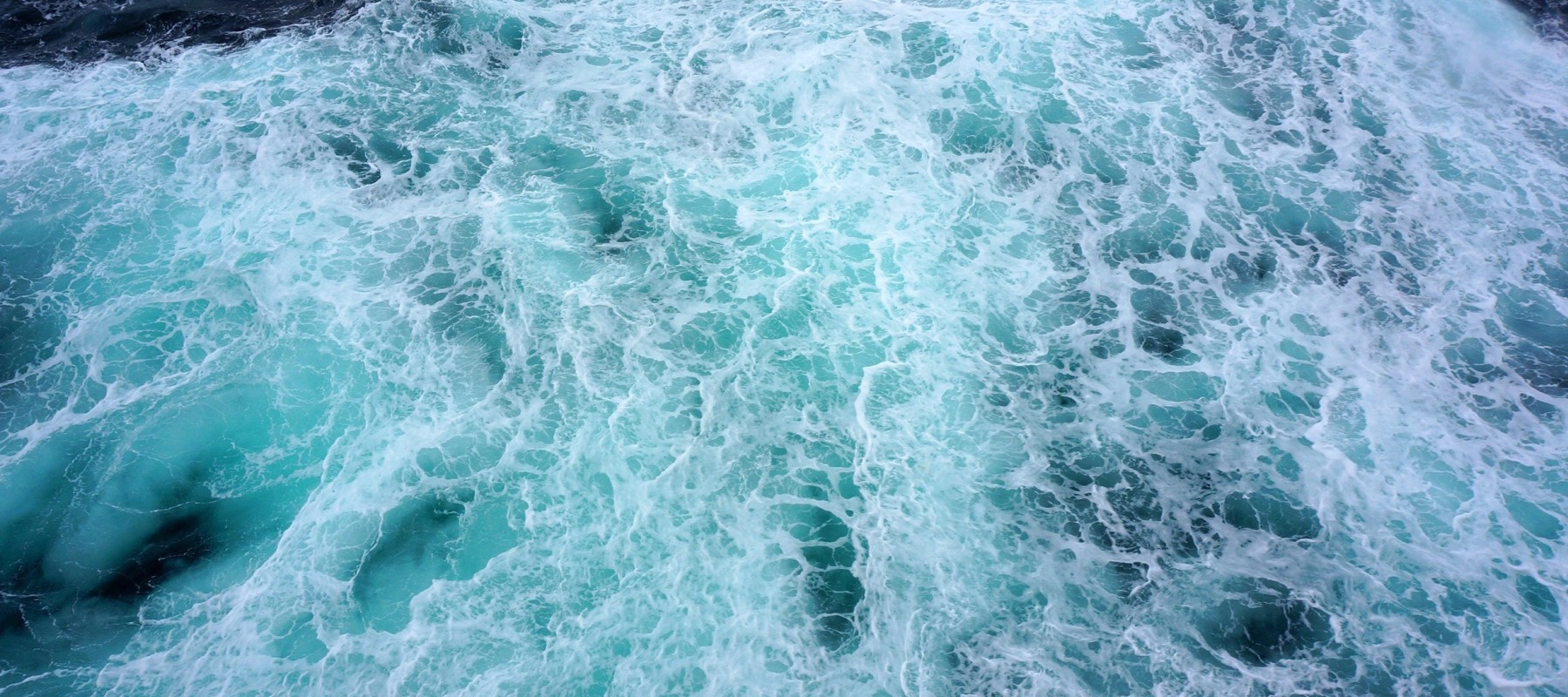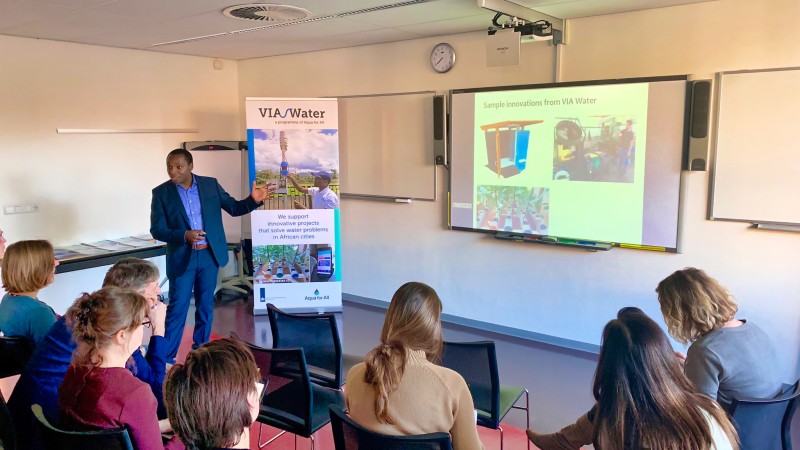
Blog: Africa as an epicenter of water scarcity
This blog post was written by Julia Jaque Jiménez (Junior Consultant at WE&B).
Surrounded by sea on all sides, Africa has 16 main rivers and more than 165 lakes that make it a continent that can supply itself with water. However, the reality is quite different. 70% of the people who live in Africa do not have access to a safe source of drinking water. Therefore, in my opinion, it is essential to work on what is called the blue economy, which recognizes the value and importance of water - from seas, oceans, rivers and lakes - as a development engine so that the continent can position itself geopolitically in a higher ranking than it currently is in and thus able to eradicate, or at least mitigate poverty.
I have read that only 4% of all the water resources in Africa are exploited and as a consequence, the continent lacks opportunities for sustainable economic progress. I also believe that it is not just about water but that a fair energy transition is necessary to strengthen infrastructures and adapt them to the needs for distribution and adequate sanitation.
And what in my opinion is this engine of change? Sustainable development projects.
An aspect of no less importance - corruption on the continent - unfortunately seems to be a transversal problem, which requires new governance structures and courageous leaders to fight against this blight. One of the main challenges for these types of water projects namely seems to be the funding, especially because investments are not profitable in the short term and require significant costs.
If this reality does not change, water and basic hygiene standards will continue to be one of the most difficult problems to solve. There is an unconditional need to adopt agile measures that support local associations in each country in Africa to make this a reality.
Without the eradication of the problem of water scarcity and quality, the illnesses that ravage the continent will continue. Furthermore, the existing tensions and conflicts caused by climatic changes, would not be mitigated, neither between countries, nor between governments from neighboring regions.
On the other hand, not everything is negative on the continent. Despite the difficulties and thanks to the efforts of committed professionals, governments, associations and companies, some projects and initiatives have improved the capacity to finance water improvements and thereby enhance development.



